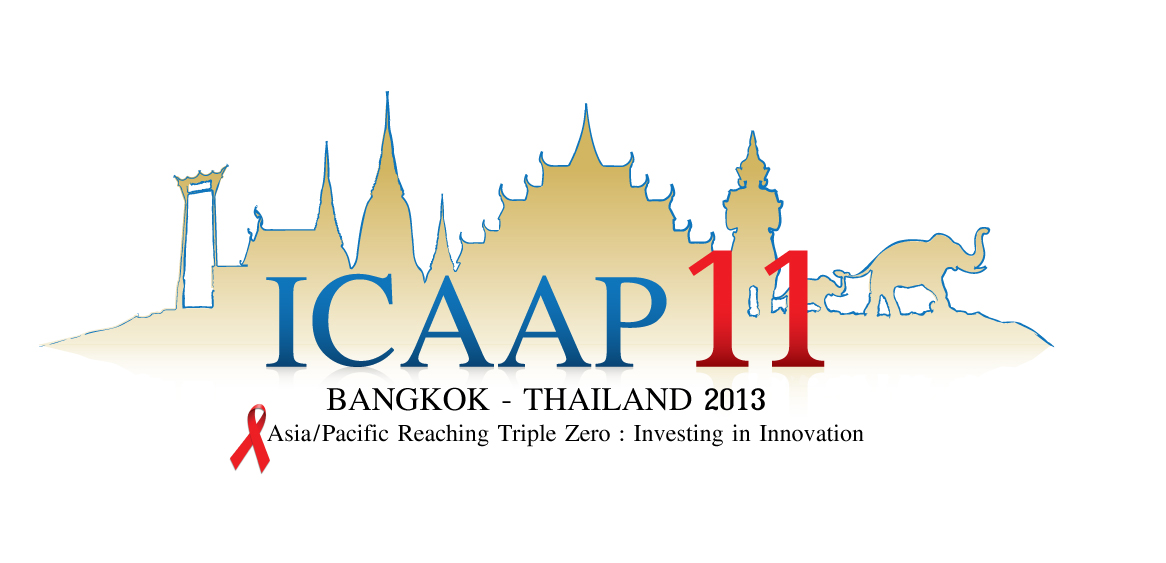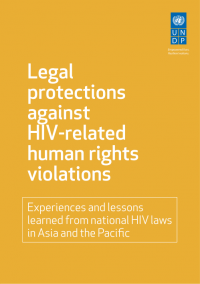 By Annika Schaefer
By Annika Schaefer
From November 18th to 22nd Asia Catalyst staff and delegates from four Chinese partner organizations will gather with other advocates from the region at the 11th International Congress on AIDS in Asia and the Pacific (ICCAP). Delegates will present their work, meet with advocacy targets, and attend community and scientific sessions. The congress, to be held in Bangkok, Thailand, is the largest forum on HIV/AIDS in the Asia-Pacific region.
Among the expected 4,000 delegates from 22 countries across Asia and the Pacific engaging in ICAAP11, Asia Catalyst staff and partners will each have the opportunity to share best practices and present on their organization’s work, program results, and lessons learned for the future, in the form of abstract presentations, poster presentations, roundtables, and other side events.
Asia Catalyst is supporting members from the four selected Chinese partner organizations with English translation, scholarship assistance, and the coordination of meetings, roundtables and presentations.
Delegates receiving our support were selected by an open application process from organizations we have worked with in the past. Three members of the delegation are graduate organizations of the Asia Catalyst NGO Leadership Cohort, a year-long organizational management training program for grassroots health rights advocates in China, and several have been working with Asia Catalyst’s Advocacy program.
Asia Catalyst will have a booth in the Asia Pacific Village, an area of the conference that is open to the public for free, and which is geared toward networking, information sharing and joint actions for community based organizations. The booth will showcase advocacy projects
from partner organizations around the region, including several from the Rights Training Program’s regional network. It will also showcase Asia Catalyst materials and training programs, and serve as a platform for expanding our network in the region.
Over the coming weeks, we will feature profiles of advocates and their projects on the blog.

 In its recently released follow-up study to the report on the Global Commission on HIV and the Law: Risks, Rights and Health (July 2012), the UNDP finds that HIV-related anti-discrimination laws and their enforcement are failing to provide adequate human rights protection for people living with HIV (PLHIV) in the Asia-Pacific region. The report, titled Legal protections against HIV-related human rights violations: Experiences and lessons learned from national HIV laws in Asia and the Pacific, surveys laws in the Asia-Pacific region meant to provide legal protections for people living with HIV/AIDS and, the gap between these laws and their enforcement. According to Shiba Phurailatpam, Regional Coordinator of the Asia-Pacific Network of People Living with HIV and AIDS (APN+), who is quoted in the press release: “The report’s findings demonstrate the urgent need for practical measures to be taken to ensure people who experience violations can access the legal system to claim their rights.” He urged governments and donors in the region “to help strengthen access to justice and legal empowerment among people living with HIV.”
In its recently released follow-up study to the report on the Global Commission on HIV and the Law: Risks, Rights and Health (July 2012), the UNDP finds that HIV-related anti-discrimination laws and their enforcement are failing to provide adequate human rights protection for people living with HIV (PLHIV) in the Asia-Pacific region. The report, titled Legal protections against HIV-related human rights violations: Experiences and lessons learned from national HIV laws in Asia and the Pacific, surveys laws in the Asia-Pacific region meant to provide legal protections for people living with HIV/AIDS and, the gap between these laws and their enforcement. According to Shiba Phurailatpam, Regional Coordinator of the Asia-Pacific Network of People Living with HIV and AIDS (APN+), who is quoted in the press release: “The report’s findings demonstrate the urgent need for practical measures to be taken to ensure people who experience violations can access the legal system to claim their rights.” He urged governments and donors in the region “to help strengthen access to justice and legal empowerment among people living with HIV.”


